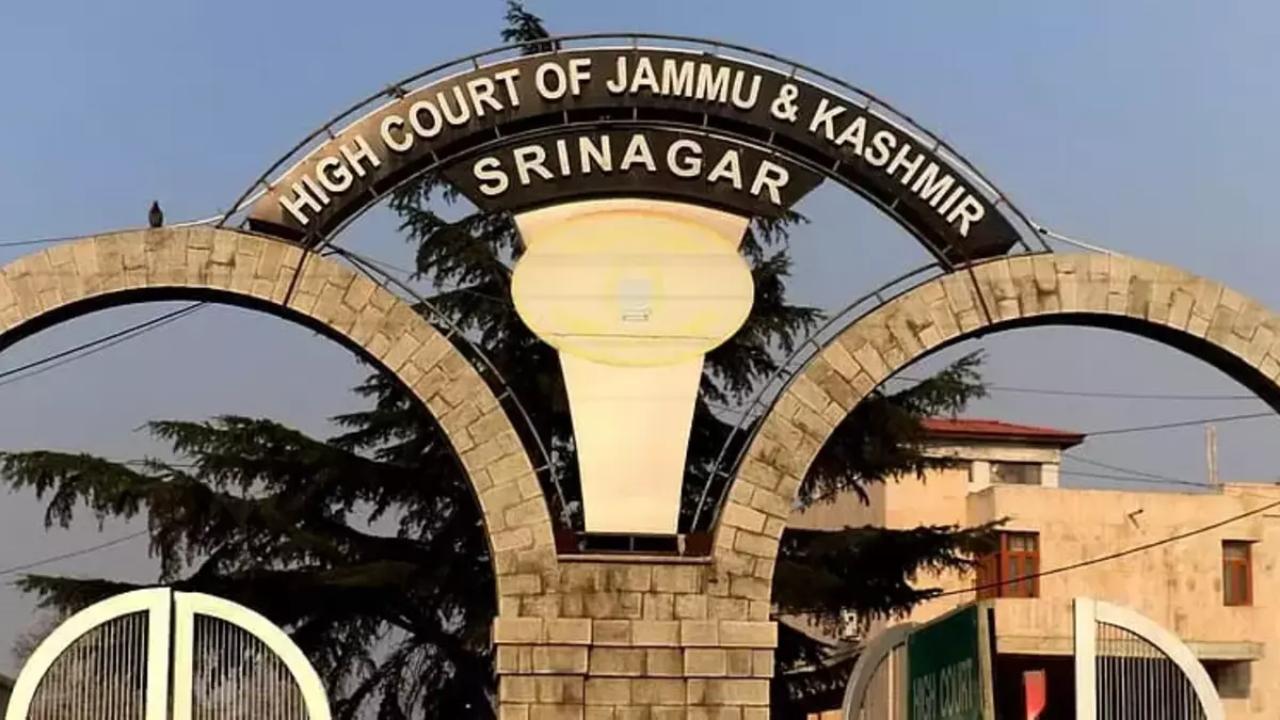The Jammu & Kashmir and Ladakh High Court has ruled that the investigating agency must provide evidence of the accused's "clear and present danger" to society in order to justify the detention in instances involving bail under the Unlawful Activities (Prevention) Act (UAPA)

File Photo
The Jammu and Kashmir and Ladakh High Court has ruled that the investigating agency must provide evidence of the accused's "clear and present danger" to society in order to justify the detention in instances involving bail under the Unlawful Activities (Prevention) Act (UAPA). The court made clear that an arrest could not be justified by the mere existence of prima facie evidence; instead, the accused's threat to society had to be proven by the agency, Bar and Bench reported.
The investigative agency may make an arrest under UAPA, the court said, but it must give a convincing explanation of how the accused poses a risk to the public. Despite the strict requirements of UAPA, the accused may be freed on bond if the agency violates their fundamental rights by failing to satisfy the court and cannot explain the arrest.
However, the court clarified that there is no universal rule to assess whether the accused poses a clear and present danger, and it must be determined based on the specific facts of each case. The ruling arose in the context of granting bail to Kashmir journalist Fahad Shah in a UAPA case related to an article published in 2011 in his news portal, The Kashmir Walla.
The court, according to the report, also addressed Section 43D (5) of the UAPA, stating that no accused of terrorist activities can be released without the Public Prosecutor having an opportunity to oppose bail. It further highlighted that an arrest without legal justification would be an arbitrary exercise of police discretion, violating Articles 14 and 21 of the Indian Constitution.
Regarding Shah's case, the court opined that the stringent bail conditions in UAPA aim to prevent those who are a "clear and present danger" to society from obtaining bail during trial, not to detain individuals inadvertently caught in the wrong place and time.
On the merits of Shah's case, the court found insufficient evidence that the published article provoked people to take up militancy. It also expressed prima facie views that the offense of conspiracy under Section 18 of UAPA was not made out, but Shah could be tried for the offense of unlawful activities under Section 13. The court found no material supporting the accusation of waging war against the government but noted sufficient evidence for Shah to stand trial under the Foreign Contribution Regulation Act for allegedly receiving remittances from overseas without informing authorities. (With inputs from agencies)
 Subscribe today by clicking the link and stay updated with the latest news!" Click here!
Subscribe today by clicking the link and stay updated with the latest news!" Click here!








